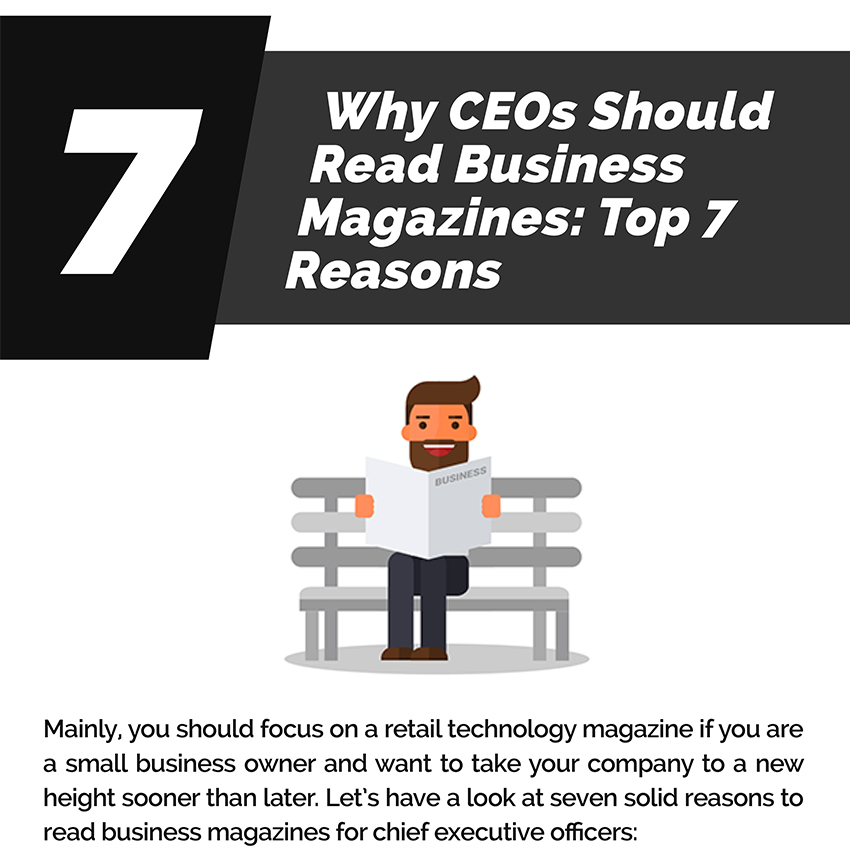The start of 2025 marked the launch of many new technologies worldwide, accelerating digital transformation across various business aspects. Starting from Artificial Intelligence to Mobile App development, the business communication landscape is experiencing notable transformations. Enterprise communication networks are being integrated with digital technologies, and business processes are in facilitation everywhere. With new technology coming up, new developments have arisen in business communication. To keep the data private, several organizations around the world use personalized contact tools.
Increasing Implementations of API
The Application Programming Interface (API) is something that makes the machine workflow simpler. It has become one of the evolving trends in business communication. In private business collaboration applications, more and more organizations are putting APIs to work and making the work experience easier and seamless. For instance, Flock is one of the most frequently used applications for business communication. APIs help perform quite a variety of tasks other than interacting in a Flock communication tab.
Developing AI-Powered Customized Experiences
For every sector of the business ecosystem, getting every experience more personalized is valid. One of the key factors in enterprise software today is the creation of personalized experiences for the user at every work step. During the 2020s, several CPaaS (Communication Platform as a Service) platforms emerged in the enterprise communication field to provide services. Several companies were seen using platforms like Skype. These platforms served as enterprise communication solutions by developing customized business profiles and secure cloud communication systems.
Now, with artificial intelligence (AI), the scenario is incessantly evolving. This technology has enhanced business communication by improving efficiency, speed, and personalization. With AI-powered apps like Google Chat, Microsoft Teams, Slack, Asana, Flock, and several more, enterprises are ensuring more secure and faster communication.
Omnichannel Customer Communication
One of the critical things that can move a company forward is the client or consumer input. Being present across multiple channels helps businesses convey messages to stakeholders in a proactive manner. Integrating social media platforms into the communication network of enterprises can allow businesses to connect with customers and other stakeholders directly. With omnichannel communication strategies, businesses are now connecting with customers on a more personal level, identifying their needs, and serving accordingly.
Automation in Communication
Automated devices in the modern world assist in the processing of a wide variety of consumer data. Automation has dramatically helped companies in the analysis, segmentation, and categorization of customer data and feedback. It also helps in the processing of the required solutions in several enterprise communication tools.
Continued Shift to Mobile
Today, most server-based apps are being reconfigured to allow them to run on smartphones and tablets. When introduced into the business world, smartphones deliver advantages such as portability, convenience, and ease of use. Mobile-based apps are the way to go because more workers use tablets today compared to PCs or laptops. Phone services for business have become a common phenomenon, making internal and external communication of organizations more convenient.
Corporate Marketing Modifying
Many global companies hold corporate contacts exclusively limited to their business networks due to the secrecy quotient. But now, with growing cloud security advances, many companies can give their workers access to their entire systems on mobile devices. Business communications systems can be tested using the wifi or internet link of the respective region. Now, from any mobile device at any point in the world, business communications systems are tested.
Bots and AI in Action
The introduction of AI has encouraged the functioning of many sectors, and no exception is the corporate communication industry. Chatbots have become an essential part of every B2B or B2C website, where the input of little personal data will automatically place enquiries. This has helped companies collect a wide variety of consumer reviews and data from all over the world. AI technology and chatbots have significantly enabled organizations to establish closer contact with the customer and to identify customer needs. One of the things that can be in focus on by using the data obtained from Chatbots is target marketing.
Self-Service is Gaining Momentum
About 81% of customers attempt to fix problems on their own until reaching out to a live representative. It is not astonishing, therefore, that an increasing number of companies are investing in technology for self-service. Self-service is not only comfortable, but it’s also cheap. This choice entails considerably lower costs than phone calls, live chat, and emails. It can take several forms on top of that.
Optimize Your Communications
It is a massive job to maintain daily interactions, and unless one can recruit someone to be responsible for it full-time. One is guaranteed to miss opportunities to communicate significantly unless one finds a suitable solution for automating their communications. That’s where a management system for customer communications comes in.
With a database management system, businesses can collect, store, analyze, and manage consumer data effectively to ensure quality customer delivery.
Apart from that, a content management system can be of great use. Within the system, one can create all the content one needs and then schedule the content for timely delivery. This reduces the time and hassle needed for individual sites to create and distribute content. With ChatGPT for content generation and SEO scheduling for content distribution, businesses are optimizing communication effectively.
Mobile Phones Substituting Office Phones
Smartphones have become an excellent alternative to traditional desk phones for many companies. Smartphones deliver advantages such as storage capabilities, device flexibility, and on-the-go use. As workers become more mobile and less dependent on desktop devices, the popularity of the BYOD strategy is expected to grow.
Video Conferencing
Since the 80s, this technology has been around and has been used traditionally in meeting rooms. However, today, this traditional use case has been replaced with tablets or smartphones that are video-enabled. Web-based video conferencing allows virtual teams to communicate and interact more easily. It is more successful with additional communication capabilities, such as text messaging, screen sharing, and document sharing.
As a reputed media publication, The CEO Views is gradually making its way into the business world to help entrepreneurs and business executives connect with each other. The articles, blogs, and featured profiles of this business publication provide insight into industry happenings.










